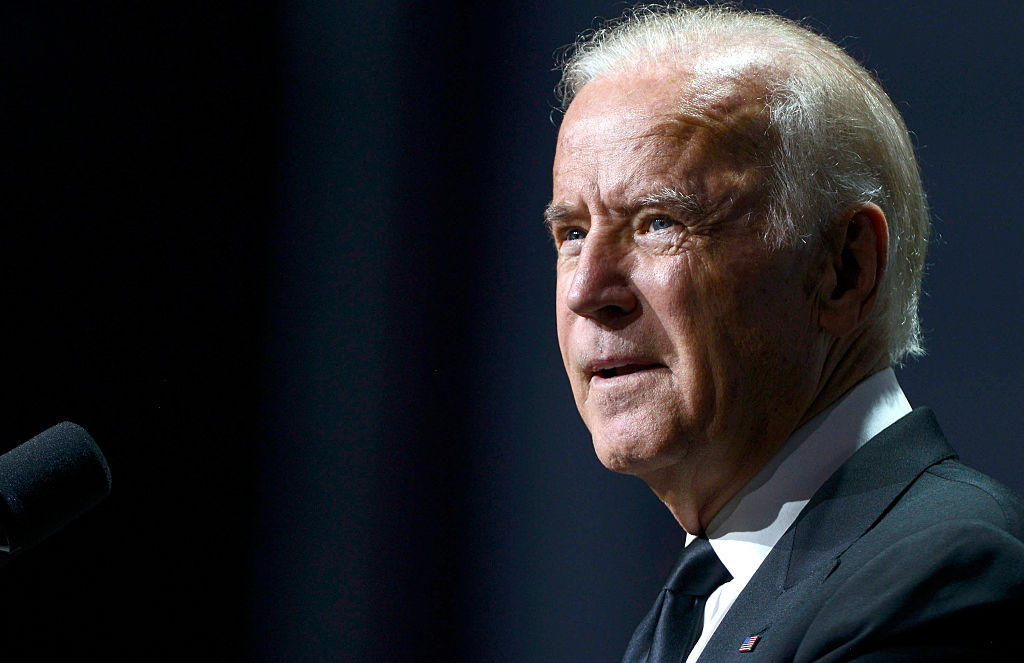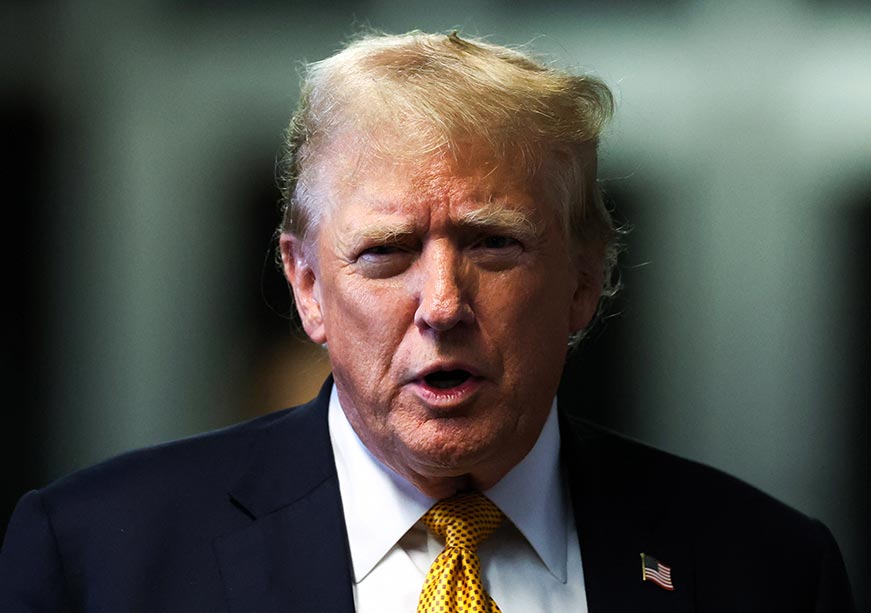In a controversial political statement that is sure to stoke debate on security and fairness, former President Donald Trump has called for the termination of Secret Service protection for Hunter and Ashley Biden. The proposal, which comes amid heightened political tensions and partisan scrutiny over the benefits and costs of protective services, underscores the continuing polarization of American politics.
The Controversial Proposal
According to recent reports, Trump argued that the Biden family members should no longer receive the expensive Secret Service protection afforded to former presidents and their families. Trump’s remarks have ignited a firestorm of debate, with critics accusing him of politicizing a matter of national security, while supporters contend that the measure would be a justified cut in government spending.
Trump contends that the protection currently extended to Hunter and Ashley Biden is unnecessary given their public profiles and lack of a presidential legacy. He argues that these security measures, which cost millions annually, should be reserved for those with clear national security responsibilities or higher public risk factors. “It’s time to put an end to what I see as an unwarranted benefit,” Trump stated in his comments. His proposal is likely to prompt discussions in Congress about the proper allocation of security resources.
Political and Public Reactions
The proposal has triggered a polarized response across the political spectrum. Supporters of Trump’s stance argue that ending Secret Service protection for the Biden siblings would be a fiscally responsible move, reducing taxpayer expenditures on security details they view as excessive. Critics, however, see the call as a politically motivated attack designed to undermine the Biden family and distract from other pressing issues.
Lawmakers and national security experts have weighed in, emphasizing that the provision of protective services is determined by a complex set of criteria. The Secret Service, an agency with a mandate to safeguard national leaders and their families, bases its decisions on risk assessments that consider both potential threats and historical precedents. “Any changes to protective protocols need to be grounded in objective security assessments, not political rhetoric,” said one security analyst.
Public sentiment, as expressed on social media and in opinion pieces, remains deeply divided. Some voters welcome the idea of trimming what they see as unnecessary government spending, while others warn that compromising on security could set a dangerous precedent.
Historical Context and Security Protocols

The debate over who should receive Secret Service protection is not new. Historically, the agency has provided protection to former presidents and their immediate families, a policy that dates back decades. Over time, the criteria for protection have evolved, taking into account the potential threats posed by an individual’s public role and visibility.
In the case of Hunter and Ashley Biden, their protection is largely a result of their connection to the current administration and the legacy of political prominence that accompanies it. Proponents of maintaining their protection argue that the Biden name continues to carry significant public and political weight, potentially making them targets. Conversely, opponents claim that the protection is an undue benefit that should be reevaluated in light of fiscal responsibility and equal treatment under the law.
Implications for National Security Policy
If Trump’s proposal were to gain traction, it could lead to a broader reexamination of how Secret Service protection is allocated among political figures and their families. Lawmakers might face pressure to reassess long-standing policies and potentially reduce security expenditures in the name of budgetary reform. However, experts caution that any such changes must be approached with extreme care, as the consequences for national security could be significant.
“Cutting security without a thorough risk analysis could leave high-profile individuals vulnerable to threats,” warned a former Secret Service official. The balance between fiscal responsibility and ensuring adequate protection remains a contentious issue, one that will likely continue to dominate policy debates in the coming months.
Future Steps and the Path Forward
In the wake of these comments, it is anticipated that discussions will escalate both in the media and on Capitol Hill. With the upcoming legislative sessions, proposals aimed at revising Secret Service protocols might be introduced, sparking intense debates among lawmakers, security experts, and the public.
For now, the focus remains on the immediate political fallout from Trump’s statement. The Biden administration has yet to issue a formal response, but sources suggest that the matter could become a recurring theme in upcoming political debates and election campaigns. As the nation grapples with the balance between security and government spending, this issue is set to remain in the spotlight.
In Conclusion
Former President Donald Trump’s call to end Secret Service protection for Hunter and Ashley Biden has ignited a fierce debate over the criteria and funding of protective services for politically connected individuals. With strong opinions on both sides, the proposal highlights the ongoing tension between fiscal conservatism and national security imperatives. As lawmakers and experts weigh the potential risks and benefits, the broader implications for national security policy and public trust in government will continue to be a key focus in this unfolding story.

